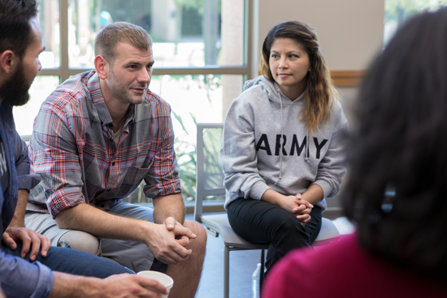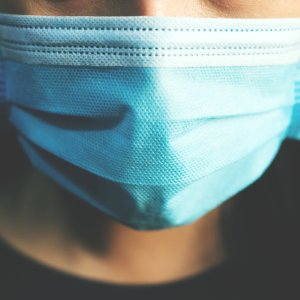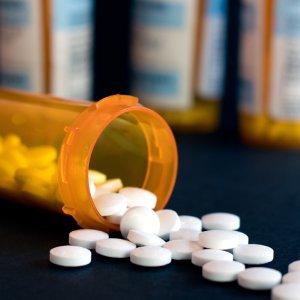Current treatment strategies struggling to cope with COVID19 outbreak

On the 31st of December 2019, just before the new year broke, a small office run by the World Health Organization received a report of “an atypical amount of viral pneumonia cases.” Society, at that time, was not aware that it would be assailed by the largest viral pandemic since the Spanish Flu of 1918. Besides the staggering death toll, this pandemic has left in its wake millions have Americans have struggled to fend for themselves while sheltering in place.
However, we must also take a moment to think of those already struggling before the wave of COVID-19 hit.
In the case of addiction, many addicted people were already facing homelessness, poverty and a lack of resources. COVID-19 did nothing to help these people. So let’s take a look at what the pandemic has done to those who have lacked the resources or the motivation to take care of themselves.
In the United States alone, overdose deaths since March have raised between 9% to 30% depending on state¹. In Michigan, the death toll from opioids alone averaged out to 30 to 40 deaths per week.¹ This is an alarming increase considering overdose deaths had been decreasing around 4% nationwide in the years previous².
These raw statistics tell us there has been a sharp increase in overdose deaths that coincide with the rise of COVID-19. However, to understand what this means, we need to zoom in and look at the problem from a personal perspective.
Mathew Davidson, a 31-year-old from Kentucky, had been clean from opioids for almost two years. He had attended a treatment center and managed to stay clean, attending self-help meetings. However, after the pandemic hit, he lost his job and could no longer attend support groups. On May 25th, a few months after the stay at home order had been in effect, his girlfriend came home to find him dead of a drug overdose.³ While COVID-19 may be responsible for this tragedy, it highlights a pre-existing issue with modern treatment solutions.
Fellowships and ‘self-help’ sobriety groups follow the belief that addicts are “bodily and mentally different from their fellows” and that addiction is a lifelong battle.⁴ This, coupled with the belief that addiction can never be “cured,” creates a culture of dependency. This type of treatment is fragile and leaves one dependent on a support system to survive. When Mathew Davidson could not find a meeting, he relapsed, which led to his death.

This highlights exactly the danger in believing the fallacious idea that “addiction is incurable.” Now, those who have attended twelve-step rehabs or those who invested their sobriety in self-help groups without also dealing with the underlying issues which caused the addiction, are left with no solution. Many have died this way. Self-help groups are not always going to be available and COVID-19 has shown this. When receiving treatment, it is vital to learn to cope with life as an individual. Addressing trauma and learning to stay in the present will help you stay sober and rely on yourself.
Another important aspect to remember about drug rehabilitation is this: Addiction rehabilitation is an industry. An industry that brings in 42 billion a year in the United States alone.⁵ Medication-assisted treatment programs and outpatient clinics operate by keeping clients stuck in the revolving-door model of addiction. Unfortunately, as shown above, this creates a dependency, which can lead to relapse. The alternative is long-term residential care, which addresses not only the addiction but the reasons a person began using in the first place.
COVID-19 is still active in the country and relapse rates continue to skyrocket. If you are currently struggling with addiction then finding a treatment center that offers solutions to address the underlying causes of addiction and true life-long recovery should be a vital priority. Life happens. Even global pandemics happen. You deserve a happy life free from addiction. It does not have to follow you forever. In times of societal adversity, one must be able to rely on themselves.
Seek the right treatment, one that is tailored to make you the best you can be.
Sources:
1. https://labblog.uofmhealth.org/industry-dx/real-time-overdose-tracking-helps-show-covid-19s-effects
2. https://www.cdc.gov/drugoverdose/data/statedeaths.htm
4. https://www.aa.org/assets/en_US/en_bigbook_chapt3.pdf


